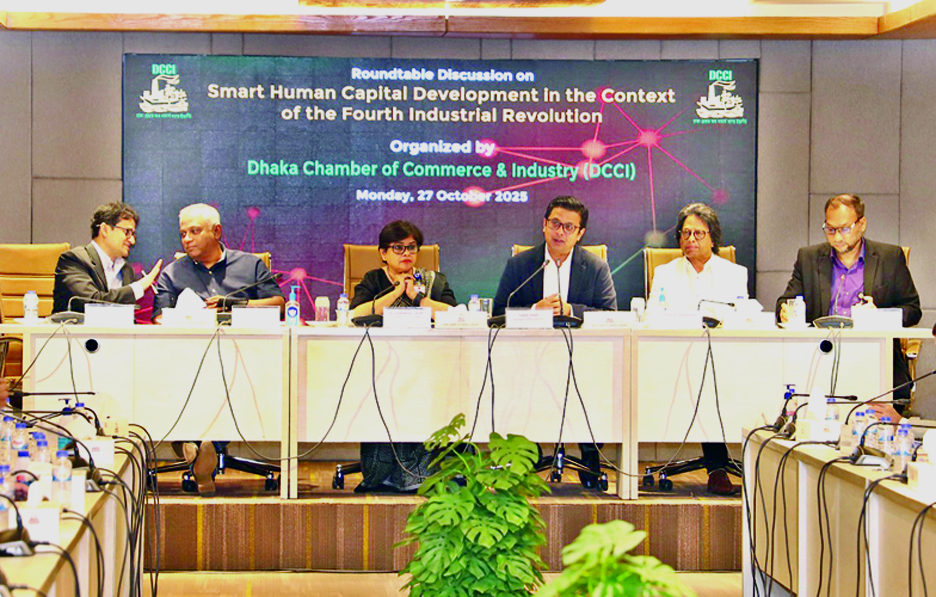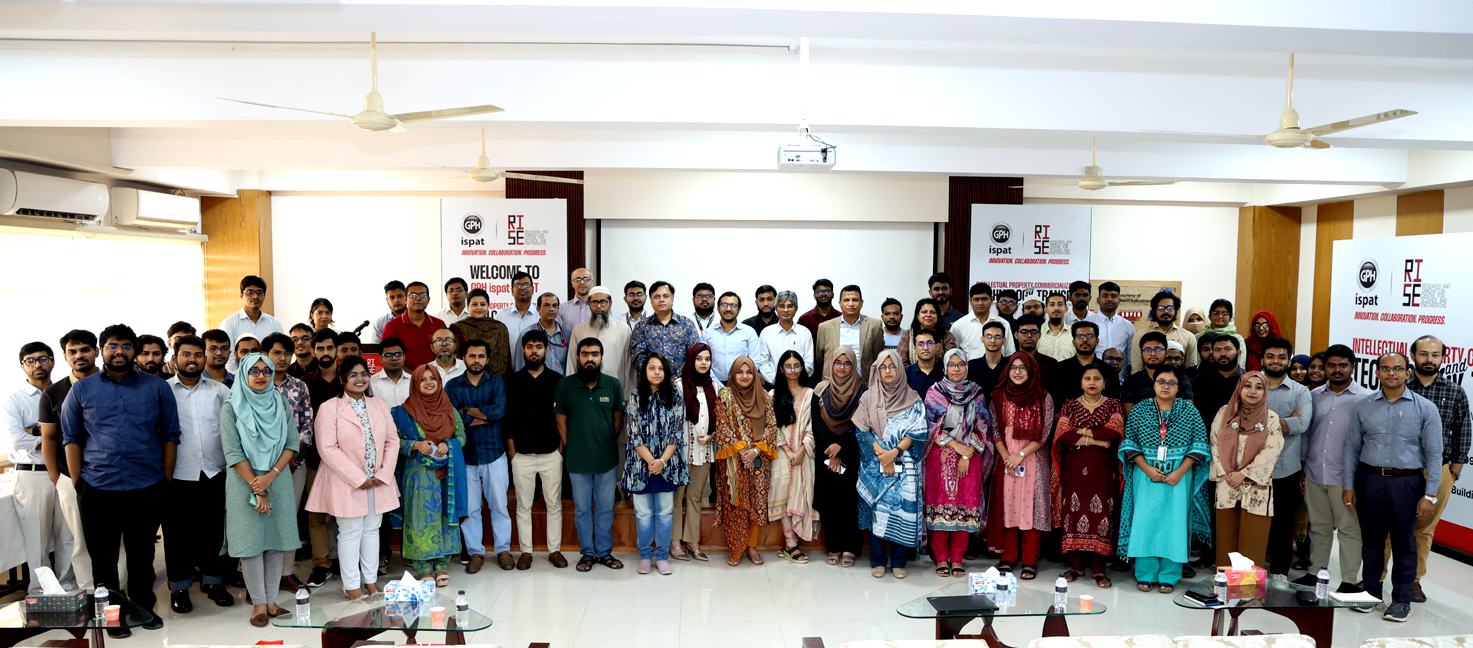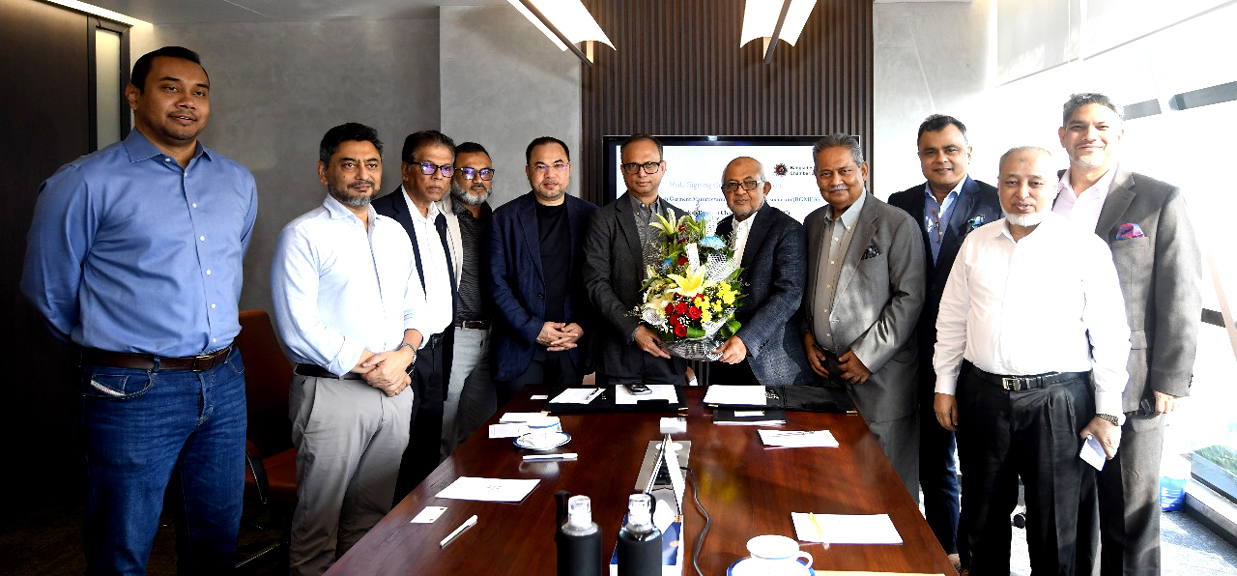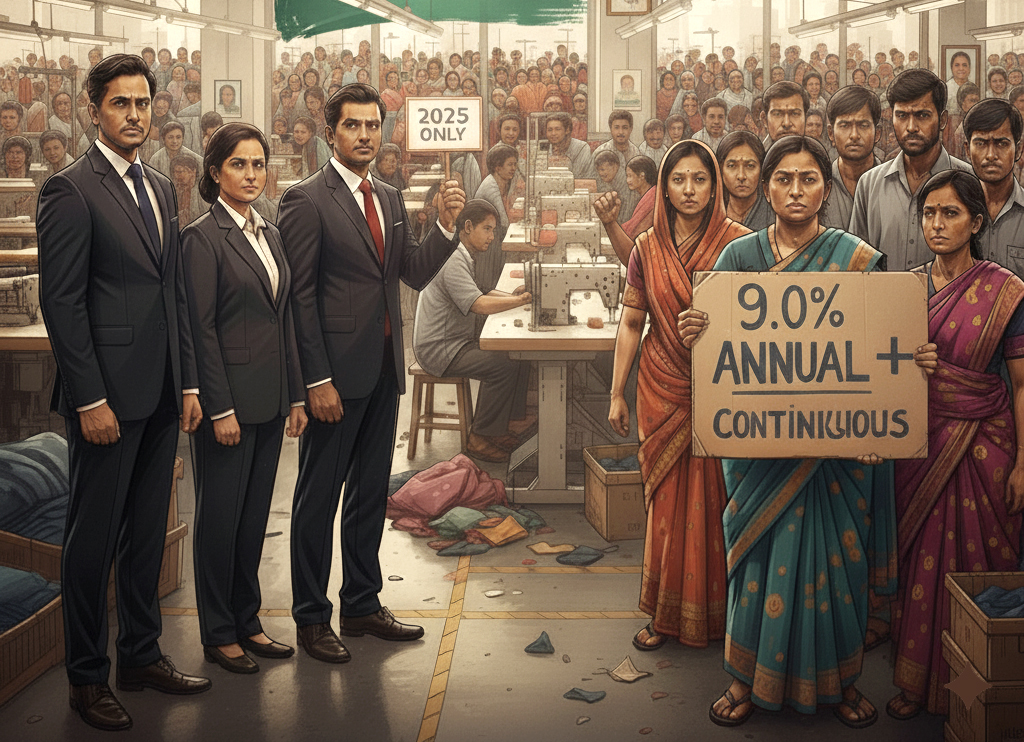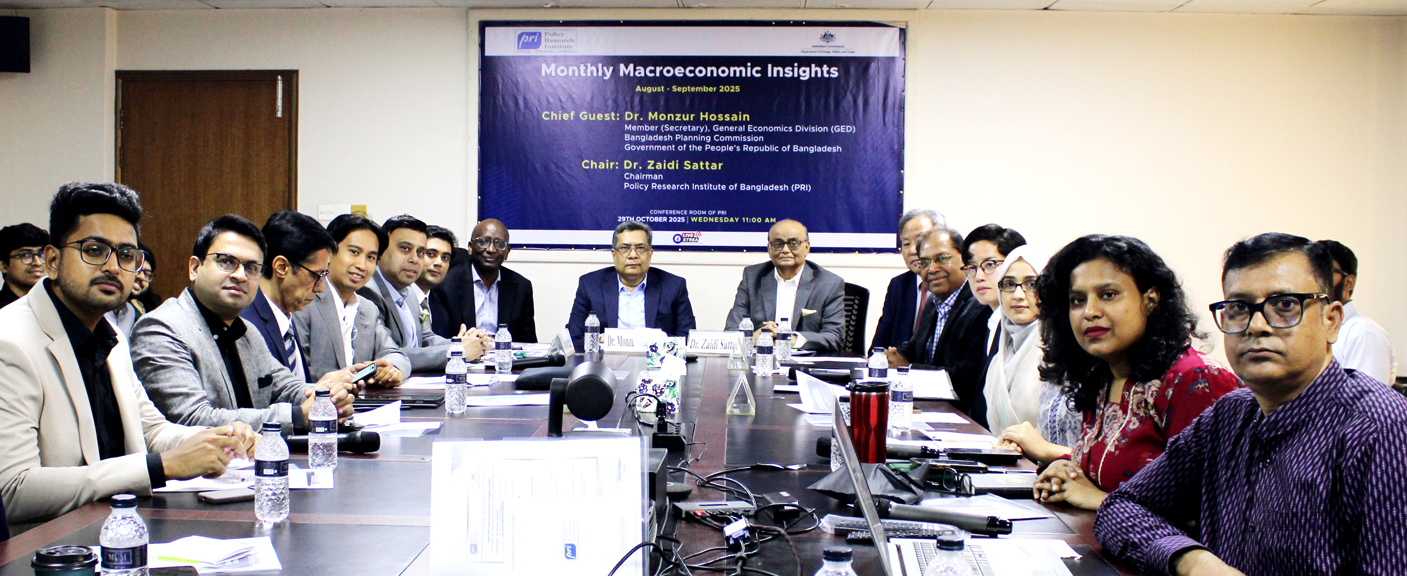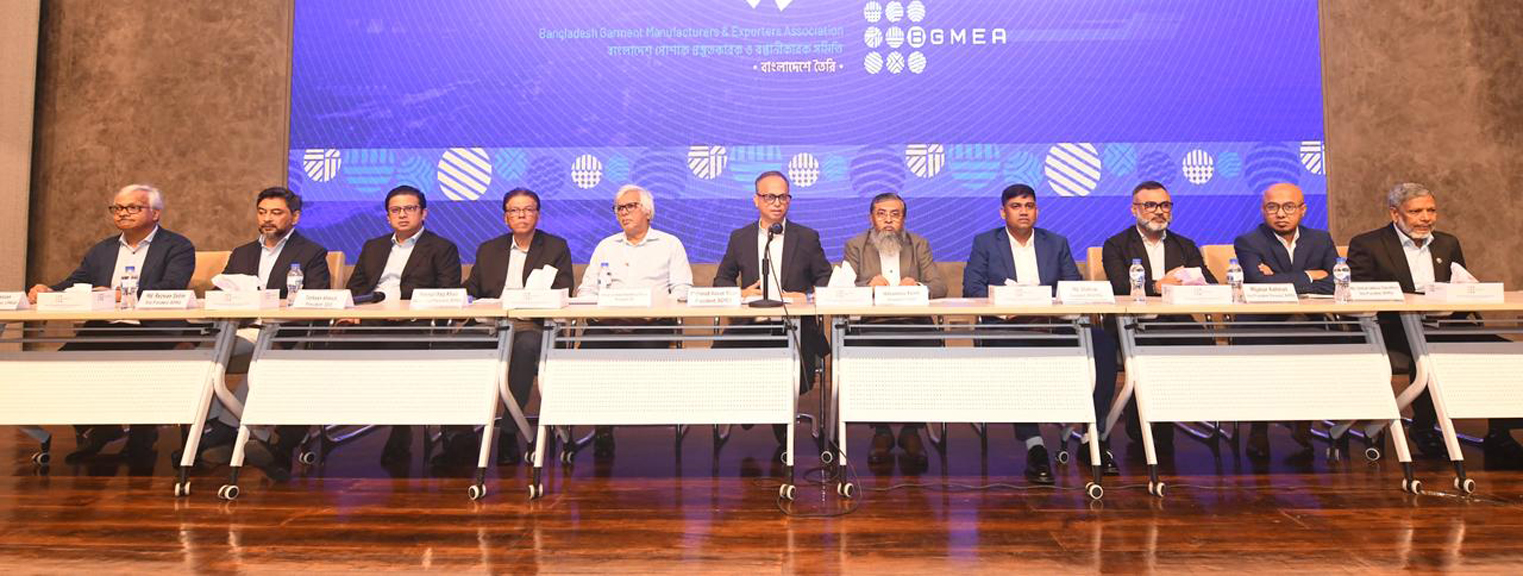Bangladesh risks falling behind in the global race if it fails to modernise its education system and equip its workforce with skills for the Fourth Industrial Revolution (4IR), experts have warned.
They emphasised that rapid technological change demands urgent reforms in education, training, and workforce development.
Experts called for expanding technical and vocational programmes, ensuring adequate budgetary allocation, and providing rigorous training to help workers adapt to new industrial and service sector demands.
They stressed that a skilled workforce is crucial to harness the opportunities presented by the 4IR.
The remarks came at a roundtable titled Smart Human Capital Development in the Context of the Fourth Industrial Revolution, organised by the Dhaka Chamber of Commerce and Industry (DCCI) at its Dhaka office on Monday.
In the keynote presentation, M Niaz Asadullah, visiting professor of Economics at Reading University, UK, cited a study by Aspire to Innovate and UNDP, noting that by 2030, around 5.38 million jobs could be lost in Bangladesh’s RMG, food and agriculture, furniture, tourism, and hospitality sectors due to advances in information technology.
He said that more than half the workforce has moderate to severe gaps in technical knowledge, adaptability, and proficiency in using technological tools, underlining the need for fresh skilling, upskilling, and reskilling.
Asadullah urged government agencies, including the National Skills Development Authority and technical education boards, to take the lead in workforce development.
DCCI president Taskeen Ahmed highlighted that nearly a quarter of jobs will be transformed in the next five years, stressing the need for smart human resources to maintain competitiveness in the post-LDC era.
Nazneen Kawshar Chowdhury, executive chairman of NSDA, called for greater coordination among training programmes, upskilling women, and integrating 4IR-focused skill development through public-private collaboration.
Mahtab Uddin Ahmed, president of the Institute of Cost and Management Accountants of Bangladesh, urged a societal shift towards valuing technical and vocational education, noting that only 20 per cent of graduates currently secure jobs aligned with their qualifications.
Professor Shams Rahman, vice-chancellor of East West University, stressed that the education system is misaligned with industry demands, calling for coordinated efforts to produce skilled human resources. Mohammed Saiful Hassan, joint secretary of Bangladesh Hi-Tech Park Authority, encouraged local and foreign entrepreneurs to invest in the country’s Hi-Tech Parks.
Raisul Kabir, CEO of Brain Station 23, countered fears that AI would eliminate jobs, noting that efficient use could create employment by increasing demand for faster, higher-quality work, provided the workforce is trained and upskilled.
Professor Muhammad Masroor Ali of BUET highlighted disparities in educational quality between urban and rural areas as a major obstacle to developing a skilled workforce.
Khan Muhammad Saqiful Alam of British American Tobacco called for curriculum modernisation and enhanced corporate training.
M Shabbir Ali of Transcom Group suggested establishing a national council to oversee training, improve inter-agency coordination, and raise awareness among entrepreneurs about ICT and automation.


